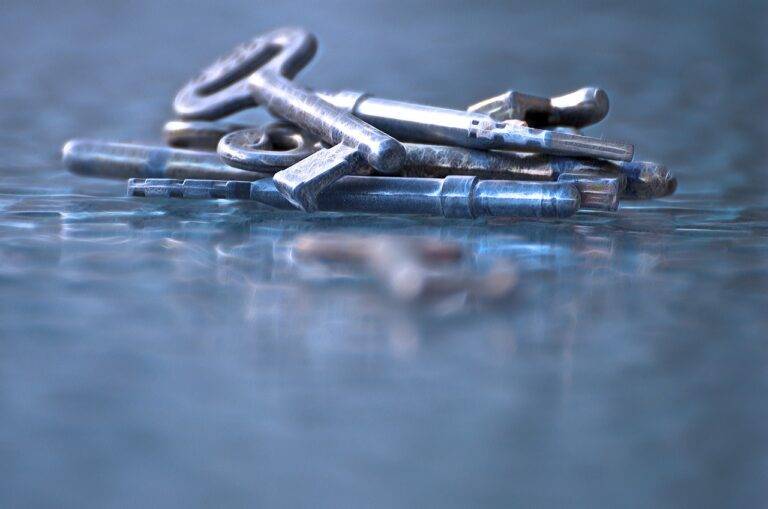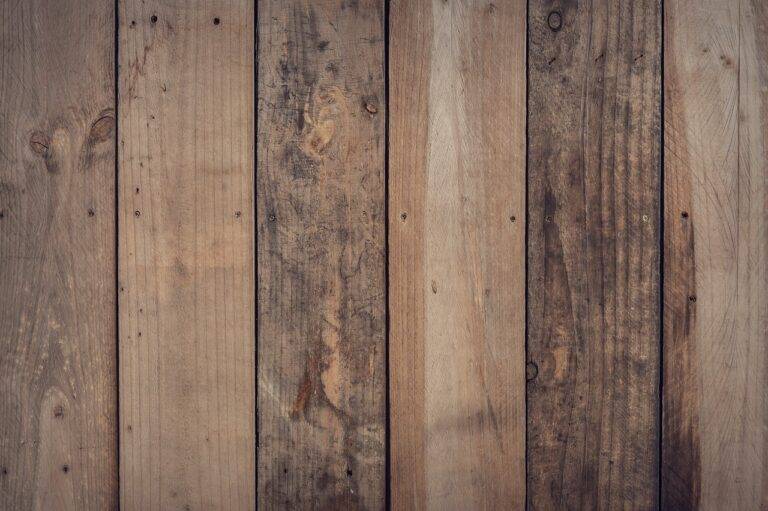Sustainable Home Renovations: Reducing Waste and Carbon Footprint
When it comes to reducing energy consumption in your home, upgrading to energy-efficient appliances and lighting is a smart choice. Energy-efficient appliances are designed to use less electricity without compromising on performance. By replacing old, energy-draining appliances with energy-efficient models, you can save both energy and money in the long run.
Similarly, opting for LED or CFL light bulbs instead of traditional incandescent bulbs can significantly decrease your energy usage. LED and CFL bulbs are not only more energy-efficient, but they also have a longer lifespan, reducing the frequency of bulb replacements. Making the switch to energy-efficient lighting is a simple yet effective way to lower your carbon footprint and contribute to a greener environment.
Choosing Eco-Friendly Materials
When it comes to choosing materials for your home renovation or construction project, opt for eco-friendly options to reduce your environmental impact. Look for sustainable materials such as bamboo, reclaimed wood, cork, or recycled metal for a greener choice. These materials not only contribute to the preservation of the environment but also add a unique and modern touch to your space.
In addition to sustainability, consider the durability and longevity of the materials you choose. Investing in high-quality eco-friendly materials may have a higher upfront cost but can save you money in the long run by reducing the need for replacements or repairs. Remember to research and inquire about the manufacturing process of the materials to ensure they meet environmental standards and align with your commitment to a greener lifestyle.
Water Conservation Strategies
Water conservation is crucial in preserving this precious resource for future generations. Implementing simple strategies in our daily routines can significantly reduce water wastage. One effective method is fixing leaky faucets and pipes promptly to prevent the unnecessary loss of water. Furthermore, opting for a low-flow showerhead can help minimize water usage without compromising the quality of your shower experience.
Another way to conserve water is by being mindful of the duration and frequency of watering your garden. Watering plants in the early morning or late evening can reduce evaporation and ensure that the water is absorbed effectively by the roots. Additionally, collecting rainwater in barrels can serve as an eco-friendly alternative to using tap water for watering plants, further conserving this vital resource.





